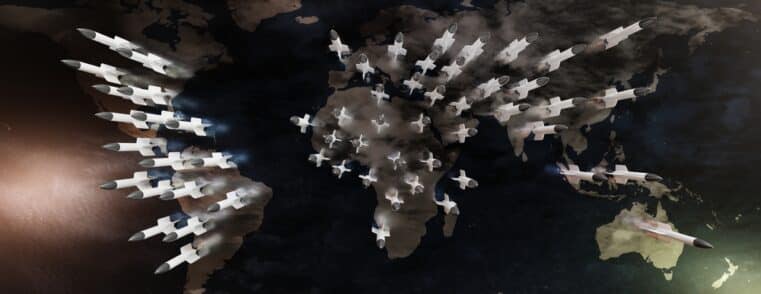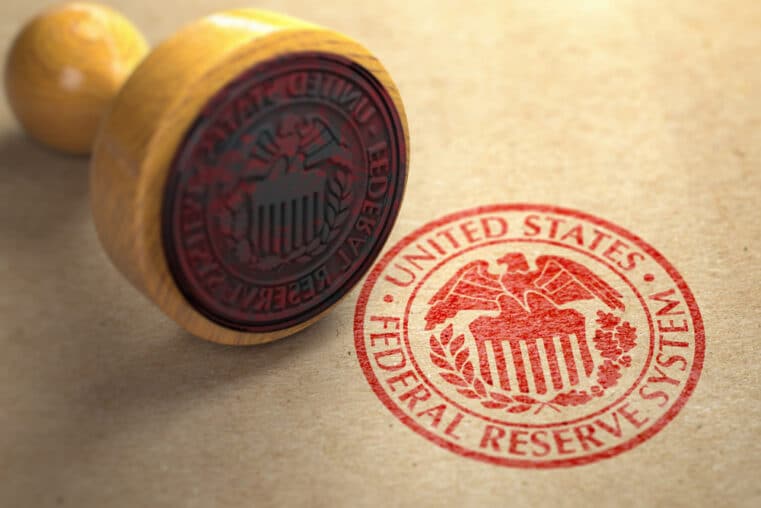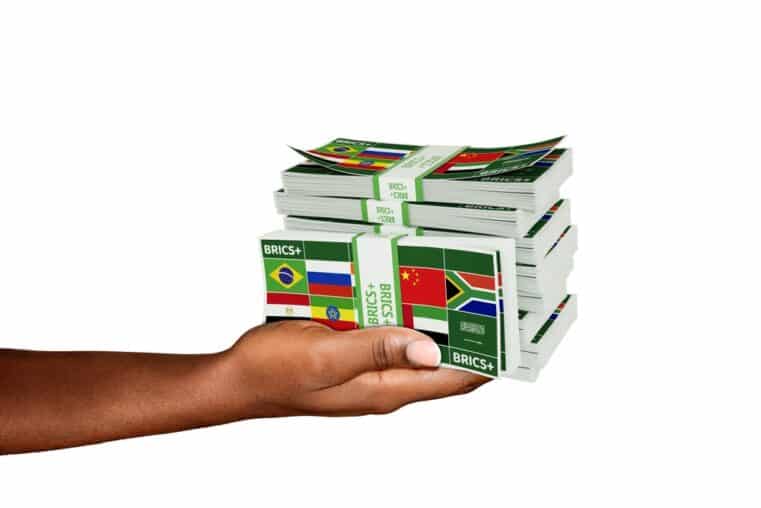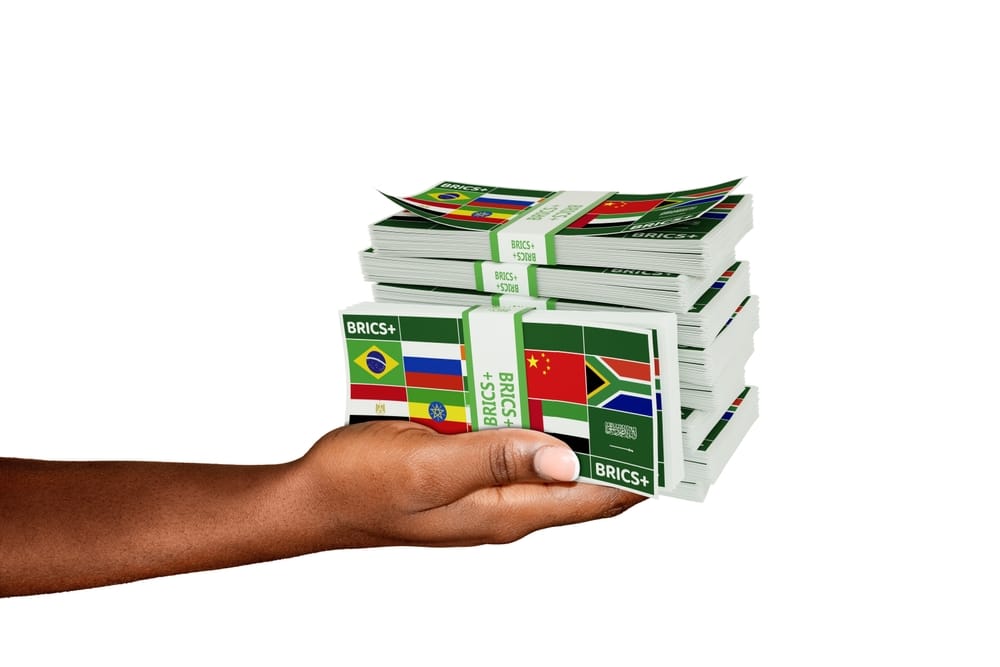A Cashless Society: Government’s Russian Roulette
What’s more important: probability or payoff?
Suppose you were invited to play a game of Russian Roulette. Here’s the context: let’s say that you are neither wealthy nor poor. Despite the share of everyday struggles that you face along with everyone else, you more or less enjoy your life. Most importantly, there are people who depend on you, whether family, friends, or colleagues.
With just one bullet in the chamber, Russian Roulette gives you a one out of six, or an 83.33% chance of winning. You have a 16.67% chance of losing. Your payoff if you win is $500,000. Your payoff if you lose is, of course, death. Taking your entire life into context, would you play the game?
Most people would probably say “no.” The reason for this is obvious. You’d lose everything, including the potential to make a decent amount of money throughout the course of your life. And people who depend on you will sustain a permanent loss that may affect them deeply on a personal level; some, like family members or dependents, may be affected economically as well.
But what if you weren’t invited to play...what if, instead, you were forced to play?
A few weeks ago, we covered Hurricane Maria’s impact on Puerto Rico. A near-cashless society, its citizens’ capacity for survival was nearly crippled when they weren’t able to purchase basic items such as food and other materials necessary for daily existence simply because they had no cash. Apparently, their local government’s “war on cash” backfired.
To remedy the situation, William Dudley, the New York Fed president, sent a plane loaded with cash to the Island.
Despite Puerto Rico’s relatively small size, the human impact is still immeasurable. But what if a similar disaster were to take place in a much larger and economically developed nation, such as here in the US? What would happen if all physical forms of exchange were taken away, all monies transacted electronically?
Sure, a more developed economy would have a better chance of weathering the storm. But nobody really knows what would happen. Chances are that nobody wants to find out. Besides, to say that a developed nation might recover more easily would be to look at the matter from a big-picture perspective. If you and your family find yourselves the unfortunate victims of such a disaster, you will care less about at the big picture.
A cashless society may enjoy the benefits from speed, efficiency, and convenience. It’s one where government is able to monitor and potentially control the flow of money and catch “bad guys” using money for illicit activities. But it is also one that carries a low probability of a downside whose asymmetrically negative payoff is crippling if not potentially fatal to a society.
In this way, the “war on cash” is like a forced game of Russian Roulette.
India worked its way into a quandary when its government removed large bills from circulation. This took out approximately 85% of its entire cash value. This move devastated their economy, as reported by the WSJ:
"Not surprisingly, shock waves from the announcement continue to crash through the economy. The Asian Development Bank cut its growth estimate for India for the financial year ending March 31 to 7% from 7.4%. JP Morgan expects growth to decline by half a percent to 6.7%.
Meanwhile, falling sales have begun to translate into layoffs spanning various sectors, including construction, textiles and jewelry. The Centre for Monitoring Indian Economy estimates the transaction costs alone of swapping out an estimated 14.2 trillion rupees’ worth of currency to be 1.28 trillion rupees, or about $19 billion.
India’s economy will eventually recover from this self-inflicted wound, but there’s no question that demonetization has created doubts about Mr. Modi’s competence. The decision, reportedly hatched in secret with a coterie of trusted bureaucrats, showcases the prime minister’s faith in the command-and-control ethos of the civil service rather than in the “minimum government” he once promised."
Imagine what would have happened in Puerto Rico if, like India, cash was not just “discouraged,” but made “illegal.”
Despite the grim consequences that a cashless society would eventually bring, the war on cash has its champions among politicians, bankers, and academics. Take, for instance, Nobel-Prize winning economist, Richard Thaler:
Fiat currency may not be the most sound means of exchange, but it carries with it a potential for transactional privacy and freedom that is altogether abolished from most regulated forms of electronic monies.
The only thing more secure than holding cash for small day-to-day items is to buy silver. Unlike cash, silver possesses intrinsic value; one that is not subject to the same manipulative mechanisms that government typically imposes on fiat currency.












